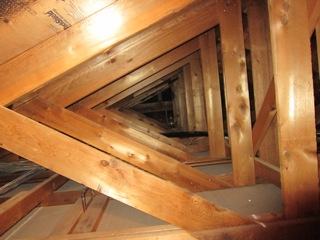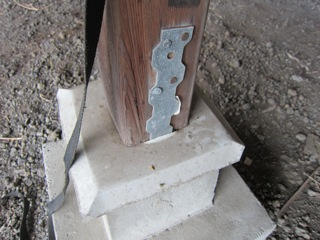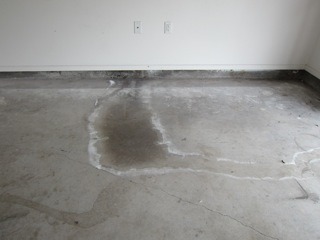BY CLAIRE K. BAJO RS – Every buyer should consider getting a home inspection—especially when purchasing a foreclosure, or a vacant property.
Buying a home is one of the biggest investments people make in their lives, and it’s great to know what you are buying, especially when choosing a property for yourself and your family. When working with buyers, I always recommend getting a home inspection for the best information on the property, so you know exactly what you are buying.

A seasoned home inspector will check the attic, underneath the house, and in hard-to-reach areas of the home, so the buyer can see parts of the home that they wouldn’t normally see.
This inspector will describe the condition of the home by taking pictures of the areas he inspects. This is so helpful to the buyer as they have a visual reference of disclosure of the property, which is something the seller, or seller’s agent may not typically provide in this detail.
A home inspection can also show you the detailed construction of a property that can add value, especially if the property is a foreclosure, or has not been occupied by the original seller at the time of the sale.
This particular home was built with Cedar wood throughout, and the buyer would not have known that unless the owner, builder, architect, or blueprints had told us…because this property was a foreclosure, the home inspector provided much more value because he mentions that termites do not like Cedar wood, which means the buyers may have minimal disturbances with termites.
During the home inspection, we also found that this property had home insulation, which is another added value for the buyer that not all homes have, and not always something the seller would disclose. Home insulation helps keep the home cooler, and is also functional when using air conditioning—with its reflective insulation in the roof—which helps keep the cold air cold while circulating inside the house.

A home inspector will check water pressure, water heat, water coldness, refrigerator thermostats, and any possible leaks for evidence of previous leakage on the property.
All the appliances are checked; the inspector checks to see if the dishwasher runs, if the washer and dryer goes through a full cycle, and all ceiling fans are turned on to make sure all electrical appliances are in good working order. The inspector will state what condition they are in at the time for the buyer’s informational report.

When I go to show or preview a property, there are things that I look for when previewing. This leakage in the garage was a sign that something was leaking, which triggered me to recommend a home inspection.
The home inspector is very sensitive to discolorations in the carpets, walls, and anything that may seem to have some damage, or potential damage.
This watermark on the carpet shows that there was water leakage from the laundry-bathroom that could have been repaired, or not. Since the home inspector is there for a certain time, he can only monitor use while he’s there, and points out the potential areas of concern for the future.
Since the 2006 earthquake in Hawaii, many of the homes built may have some signs of shifting. The home inspector will point out the extent of the damage, and possible repair solutions.
This crack in the middle of a corridor shows some earthquake damage—however, the inspector said it was an “aesthetic” repair and is only on the surface, and can be fixed with paint and drywall repair.
See more articles about Hawaii Real estate at HawaiiLife.com
